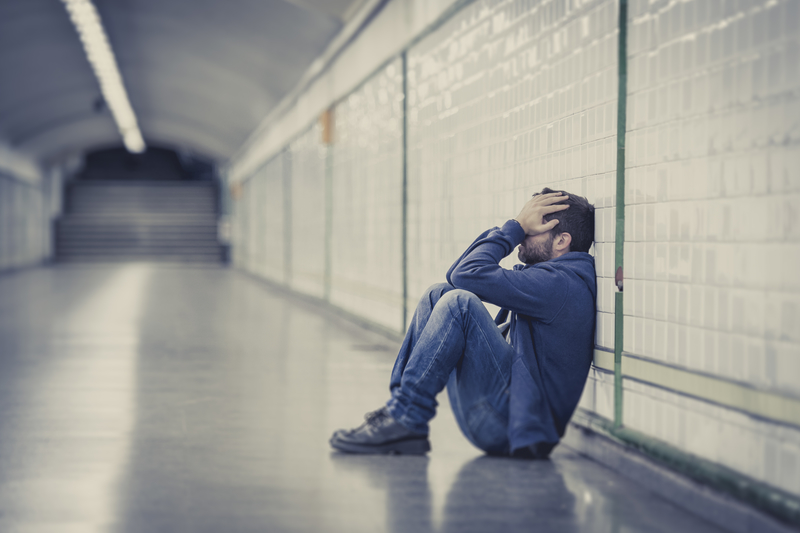Mental health is an essential aspect of our overall well-being. Unfortunately, several factors can negatively impact our mental health, including social isolation, bad relationships, and the loss of a loved one.
Social Isolation
Social isolation is one of the most significant factors that can negatively impact mental health. When we are isolated from others, we may experience feelings of loneliness, sadness, and hopelessness. These emotions can lead to depression, anxiety, and other mental health issues. It’s essential to stay connected to others through social media, phone calls, or in-person interactions. Finding a support group or a community organization can also help alleviate feelings of isolation.
Engaging in activities that bring joy and provide a sense of purpose can help combat the adverse effects of isolation. It is also important to recognize that socializing may be overwhelming and detrimental to our mental health. If engaging with others causes more stress or anxiety, it can be beneficial to set boundaries and take a step back from socializing. Respecting your own needs is just as important as staying connected to other people.
Bad Relationships
Relationships are a vital aspect of our lives, and they can significantly impact our mental health. If you are in a bad relationship, it can cause poor mental health, including feelings of anxiety and depression. Constantly feeling pressured into doing things you don’t want is a major red flag in relationships. It’s essential to recognize when a relationship is unhealthy and to take steps to address the situation.
This may include seeking the help of a therapist, ending the relationship, or setting boundaries. It’s important to remember that you deserve a healthy relationship and that it’s ok to set your own limits. If you think you are in an unhealthy relationship, don’t be afraid to reach out for help. Speak to friends, family, or a therapist about your concerns, and make sure you are being heard. It’s important to prioritize your mental health—your relationships should not be causing you more stress than joy.
Loss of a Loved One
The loss of a loved one is a challenging and emotional experience that can have a significant impact on our mental health. Grief is a natural and necessary process, but it can also lead to depression, anxiety, and other mental health issues. It’s important to allow yourself to grieve and to seek support from friends, family, or a therapist. It’s also important to take care of yourself by getting enough rest, eating healthy foods, and engaging in enjoyable activities. Learning to cope with the death of a loved one is a difficult journey, but it’s possible to work toward healing and acceptance. Reaching out for support can also be important for managing grief. Talking with family and friends about your feelings can help you process your emotions in a healthy way. You may also find comfort in connecting with people who have had similar experiences.
Several factors can negatively impact our mental health, including social isolation, bad relationships, and the loss of a loved one. By taking care of our mental health, we can lead happier and healthier lives.
Did you enjoy reading this article? Here’s more to read. Unpleasant Side Effects That Can Occur When Taking Painkillers



